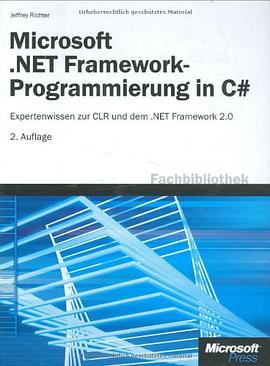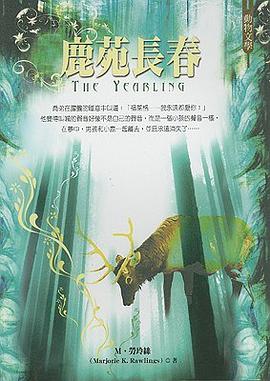

具体描述
'[Meikle's] aim is to make proper sense of Aristotle's economic thinking, and in a detailed, lucid discussion he succeeds brilliantly.' - Peter Jones, Sunday Telegraph. Aristotle's work on money was the backbone of medieval thinking about commerce, and it is still the foundation of Catholic teaching about market behaviour. Marx's theory of economic value was based on it, and so was much of the economic analysis of money into the present century. In the past hundred years the interpretation of Aristotle's work on money has become chaotic. Economists claim Aristotle as the father of economics, while classical scholars hold that Aristotle had no economic theory at all. It is argued here that Aristotle does develop a coherent theory of economic value, wealth, exchange, and money, but that this theory cannot be assimilated to what we call economics because its metaphysical foundation is incompatible with the Humean metaphysics on which economics is built. From an Aristotelian standpoint, ethics and economics are competitors over the same ground, as rival sources of reasons for decision-making in the public realm, and they cannot be reconciled.
作者简介
目录信息
读后感
评分
评分
评分
评分
用户评价
相关图书
本站所有内容均为互联网搜索引擎提供的公开搜索信息,本站不存储任何数据与内容,任何内容与数据均与本站无关,如有需要请联系相关搜索引擎包括但不限于百度,google,bing,sogou 等
© 2026 book.wenda123.org All Rights Reserved. 图书目录大全 版权所有




















